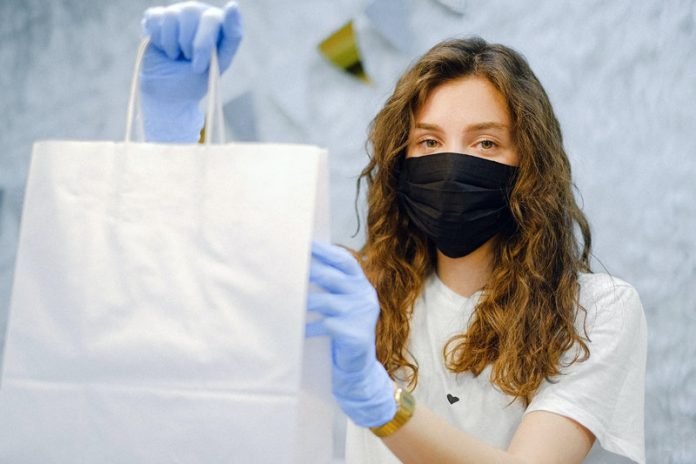
In a recent study at Harvard University and elsewhere, researchers found that grocery store employees are likely to be at heightened risk of COVID-19 infection.
Moreover, employees in customer-facing roles are 5 times as likely to test positive as their colleagues in other positions.
Among those testing positive, three out of four had no symptoms, which suggests these key workers could be an important reservoir of infection.
The study is published in the journal Occupational & Environmental Medicine. One author is Fan-Yun Lan.
Previous research focusing on essential/key workers has largely focused on healthcare workers.
In the study, the team studied 104 employees of one grocery store in Boston, Massachusetts.
Each employee was tested for COVID-19 infection in May this year as part of a mandatory testing policy across Boston.
But before doing so, they completed detailed questionnaires on: their lifestyle; medical history; employment history; working patterns and role at the store; commuting to and from work; and the protective measures they were able to take against infection at work.
They were also asked to provide information on COVID-19, including any symptoms and exposure to anyone with confirmed SARS-CoV-2 over the past 14 days.
The team found one in five (21 out of 104) workers tested positive for SARS-CoV-2, indicating a prevalence of 20% at that point in time.
This was significantly higher than the prevalence of the infection in the local community at the time: 0.9-1.3%.
Three out of four of those testing positive (76%) had no symptoms. And of those testing positive, most (91%) had a customer-facing role compared with 59% of those testing negative.
The researchers also found workers in customer-facing roles were five times more likely to test positive than their colleagues in other types of role
Those in supervisory roles were six times more likely to do so.
Ninety-nine employees filled in the mental health questionnaires: 24 workers reported at least mild anxiety.
Only half (46%) of them said they were able to practice social distancing consistently at work, whereas most (76%) of those who weren’t anxious were able to do so.
Those able to commute on foot, by bike, or in their own car were 90% less likely to report depressive symptoms.
The team says that essential workers are infected with SARS-CoV-2, they may become a big transmission source for the community they serve.
The findings support the policy recommendations that employers and government officials should take action on implementing preventive strategies and administrative arrangements, such as methods to reduce interpersonal contact, repeat, and routine SARS-CoV-2 employee testing, to ensure the health and safety of essential workers.
Copyright © 2021 Knowridge Science Report. All rights reserved.



